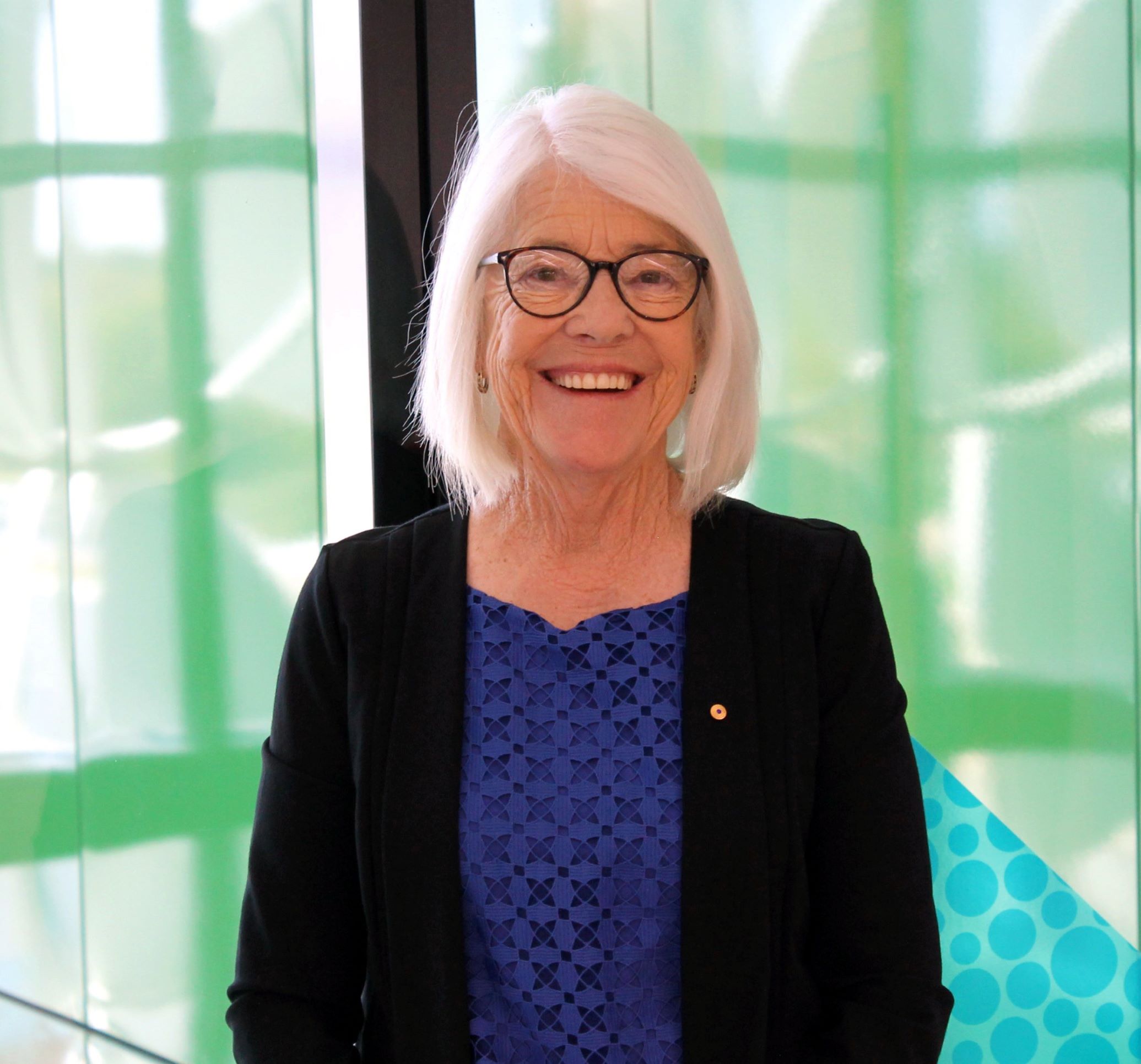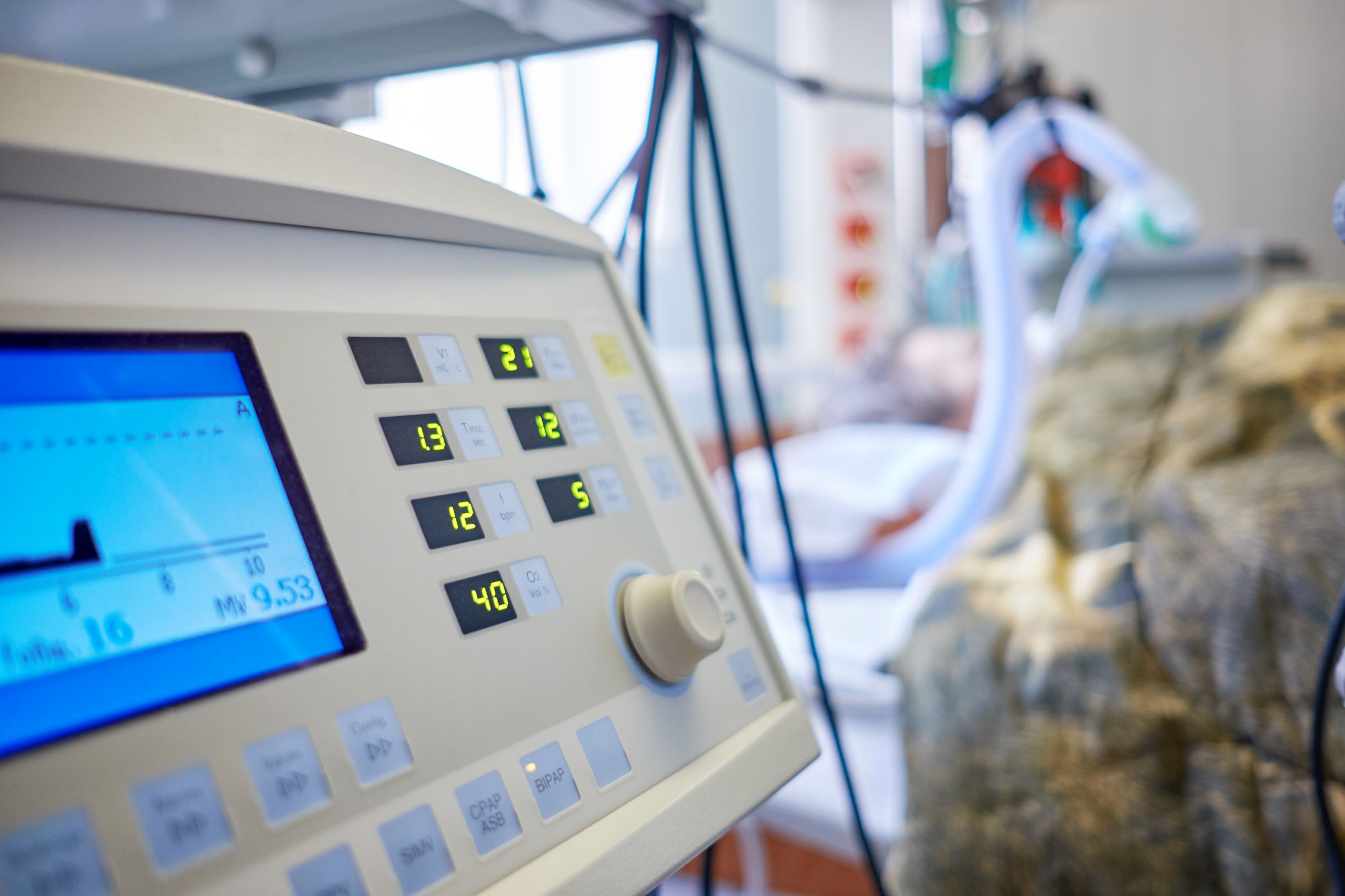A legal change fought for by The Kids, senior clinicians, consumer advocates, and others within the health sector – and hastened by the COVID-19 crisis – has brought WA into line with the rest of Australia, allowing critically ill or otherwise incapacitated patients access to potentially life-saving clinical trials.

When the State’s first cases of coronavirus began to pop up in February this year, WA found itself in a similar situation to the rest of Australia: scrambling to figure out the best way to help patients who were rapidly becoming critically ill.
Unlike the rest of Australia, however, WA wasn’t in a position to make new and emerging treatments immediately available to people severely affected by the virus. Existing legislation meant next of kin and guardians could provide consent for medical treatment on behalf of patients who were unconscious or had diminished decision-making capacity, but not for medical research.
It was a situation advocates including Institute Director Jonathan Carapetis and longstanding consumer advocate Anne McKenzie – now Manager of Consumer Engagement at The Kids – had been lobbying for two years to change.
“Research is an essential component of delivering evidence-based medical care, and is one way we can ensure that we, and our loved ones, are receiving the best possible care,” Ms McKenzie said.
“In practice, the legal restrictions meant critically ill patients in intensive care units were unable to take part in research which may just save their lives. Clinicians and researchers couldn’t even engage in observational trials, let alone critical care clinical trials of potentially life-saving treatments.”
She said she knew from the numerous consumers, doctors and researchers she had spoken to over the years that this was an important issue.
“I couldn’t imagine the WA community would have wanted to continue being denied an opportunity to take part in this kind of research – therefore excluding them from accessing the latest treatments and clinical trials.”

COVID-19 threw the issue into sharp relief, as it quickly became apparent that the restrictions would hamper local efforts to trial treatments already being tested elsewhere in Australia and the world. Ms McKenzie and others renewed their lobbying efforts, sending a flurry of emails to politicians.
By the end of March, the Guardian and Administration Amendment (Medical Research) Bill 2020 had been brought before the WA Parliament where it was readily passed, with a condition that it be periodically reviewed. The Bill allows researchers and doctors to make available new and emerging drugs and other treatments to critically ill patients who are unconscious and unable to make decisions for themselves.
Under the Bill, next of kin or guardians can give consent for participation in trials on behalf of such a patient. The changes also allow – in emergency circumstances – an independent medical practitioner to authorise research without consent, subject to strict safeguards and stringent conditions to protect the person concerned.
Ms McKenzie, a consumer advocate for more than three decades, said it was a sensible and significant development for the medical profession, researchers, and especially for anyone who found themselves or a loved one in a situation where they became critically ill.
“Western Australians should have the same access to clinical trials, whether for COVID-19 or other conditions, as every other Australian state and OECD country,” Ms McKenzie said. “This change brings us into line with other places and will benefit all critically ill patients in WA, not just those with COVID-19.”
Ms McKenzie said the push to update the consent laws had been a team effort, with politicians lobbied over many months by individuals and organisations including the Institute, senior clinicians, emergency physicians, the Australian Medical Association (WA Branch), and the Health Consumers Council of Western Australia.
